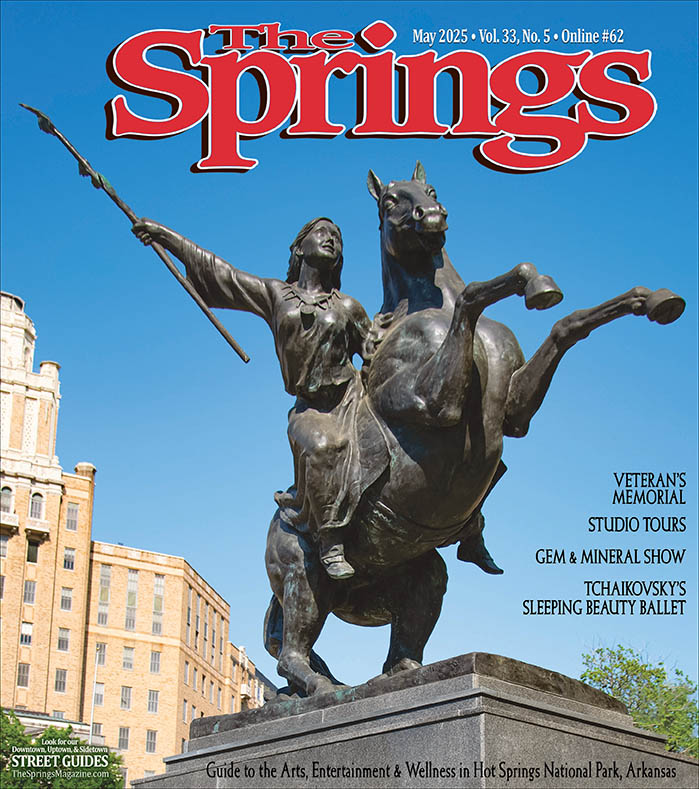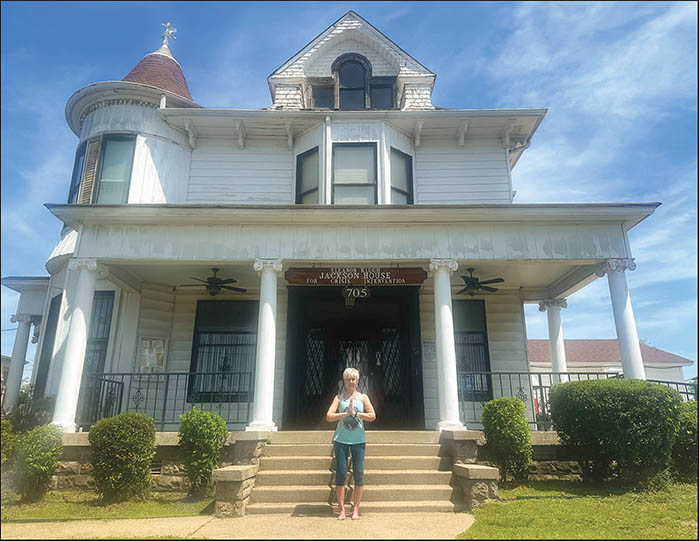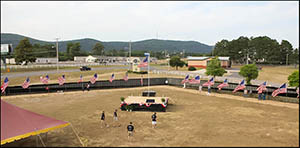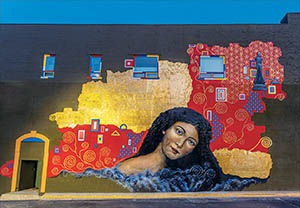By Victoria Pike
Black History Month has been celebrated in the United States each February since 1970, making this month the 50th annual Black History Month to be recognized. In honor of this milestone of celebrations, let’s take a look back at the history behind Black History Month.
The year of 1865 was monumental for African American History because, as you might know, this is the year that the 13th amendment abolished slavery. African Americans and civil rights activists worked diligently to get the slaves freed after the civil war, and with the help of President Abraham Lincoln on February 1, 1865, the 13th amendment was finally sent to the states to be ratified. On December 6, 1865, the amendment was finally set forth in the constitution of the United States.
Fast forward 61 years to 1926 when the Association for the Study of Negro Life and History (ASNLH) sponsored the first National Negro History Week, which was held the second week of February that year. The ASNLH was founded by Carter Woodson and Jesse Moorland in September of 1915, and their first National Negro History Week inspired people all over the nation to host local celebrations in honor of African Americans and even inspired some schools and communities to start clubs and groups dedicated to promoting African American History.
Finally, in 1976, President Gerald Ford spoke to the nation recognizing Black History Month and saying “seize the opportunity to honor the too-often neglected accomplishments of black Americans in every area of endeavor throughout our history.”
Each year since then, every American President has designated a theme to be celebrated in honor of Black History Month and this year’s theme focuses on African Americans and the vote, and focuses on the 15th amendment which gave black men the right to vote.
Check out these events and celebrate Black History Month right here in Hot Springs.
On February 13th at the Garland County Library*, professional storyteller Linda Gorham will be presenting the story of the Little Rock Nine from different points of view, such as that of Daisy Bates, the NAACP, and even an African American Reporter. *registration required: www.gclibrary.com.
The Garland County Library also has the “Foot Soldiers for Freedom” exhibit, open all of February, that showcases the everyday struggles and behind the scenes events leading up to the civil rights movement.









